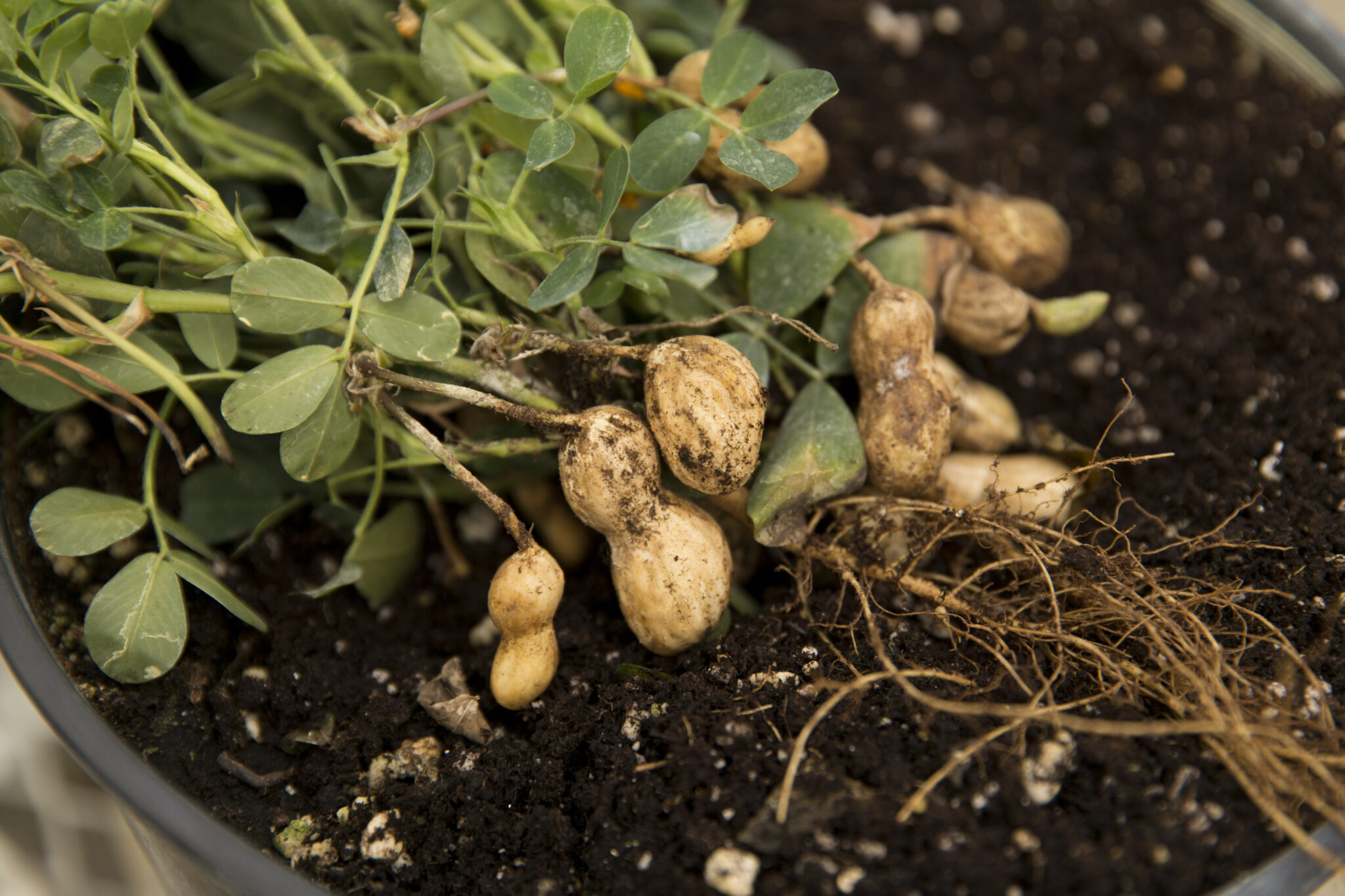By Sharon Omahen
University of Georgia
Working with a pilot school in Spalding County, University of Georgia researchers hope to improve poverty-level students' educational success through service-learning projects.
"Poverty breeds low education levels and vice versa," said Jeff Jordan, an economist with the UGA College of Agricultural and Environmental Sciences and the originator of the project idea.
Over the next year, Jordan and Lew Allen and Kathy Thompson of the UGA College of Education will work with the administration and eighth-grade social science teachers at Cowan Road Middle School in Griffin, Ga.
Seed grant funded
They're using a seed grant of $21,857 from the UGA Poverty and the Economy Faculty Research Grants Program.
"Persistent poverty exists in Georgia and in Spalding County," Jordan said. "Since the UGA Griffin campus is here, we want to reach out and help the local community."
More than half of the CRMS students receive free or reduced lunches, Jordan said. And of the students who are chronically absent, 85 percent come from low-income homes.
The UGA team decided to focus on the eighth grade because of the drop in high school student numbers. Of the Spalding students who enter high school, 54 percent don't graduate.
"We have to find a way to get these students to school, keep them in school and keep them motivated," Jordan said.
Increasing graduate numbers
Studies show that high school graduates earn at least 40 percent more than nongraduates. "Improving that alone will ... positively affect the poverty level," he said.
Thompson assured teachers the project won't make their jobs harder. "This initiative will be directly tied to the state social studies curriculum," she told them. "What will change is the way you teach and the way the kids learn."
As UGA elementary and social studies education faculty members, Allen and Thompson have seen firsthand the success of similar projects. "Students get excited when they see a connection between their academic work and real-life issues," Allen said.
CRMS is already known as a community-minded school, Jordan said. "We want the students to be actively involved in the community and see firsthand how their efforts can reduce poverty," he said.
Jordan said the project isn't just community service.
"Our goal is to connect what they're learning in the classroom with the activity they'll do in the community," he said. "The projects will link back to the school curriculum."
Allen said the researchers, teachers and students will develop the project. "We don't have a prescription of steps to follow," he said. "We want the students to develop projects based on the needs they see in their community."
Student input essential
Teachers polled the students on poverty in the community.
"They're concerned over the look and appearance of where they live," said CRMS assistant principal Laura Jordan. "And they want jobs to be available by the time they're old enough to work. They want jobs because their families need for them to work, not because they want material things."
Several students wanted something to do in their free time.
"They need something to focus on so they stay out of trouble," she said. "Many want to go to the public library. But transportation isn't available, and it's too far away for them to walk there."
The school's administration fully supports the project.
"We're excited about this project because it could open a lot of doors and avenues to help our students be more community-minded," said CRMS principal Hoby Davenport. "I hope we find a link to improve attendance and student CRCT scores."
"The big vision is to have the school become a beacon for other schools," Allen said. "This project is a seed, and hopefully more good seeds will grow from it and we can share our efforts across the state. We'll also be creating better citizens, as they'll be more aware of the community around them."






